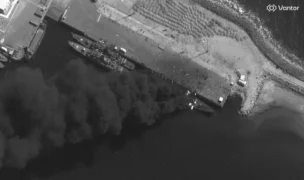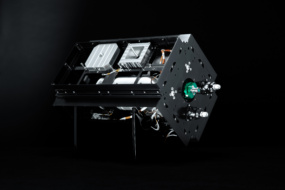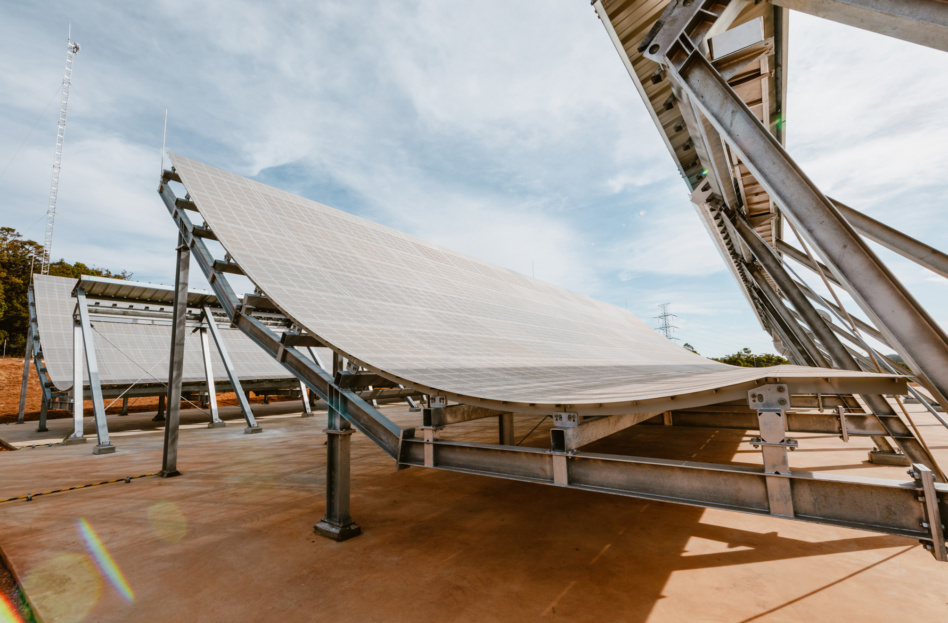Colorado Springs, CO—Less than six years after NATO formally recognized space as a domain, officials are wondering if it’s already time to update the alliance’s approach to the fast-moving domain.
A potential refresh to NATO’s Space Policy, adopted in December 2019, is expected to be discussed at the alliance’s annual summit this June in The Hague, Netherlands, according to Col. Jonathan Whitaker, the chief of staff for NATO’s Combined Forces Space Component Command.
“It’s not supposed to be even touched until 2027. Now they’re saying that’s probably too long. So let’s talk about—is now the time, based on what’s happening in the world,” Whitaker told Payload on the sidelines of Space Symposium.
Other to-dos: Another priority for the alliance is conducting a net assessment of space as a domain for the alliance, including discussing the optimized org chart, and if the alliance should replicate how it structures other domains.
Working with industry is at the center of the alliance’s goals, however. “We want to be the world leader in the integration of commercial effects in defense. That’s a vision we’re hoping will be adopted broadly as a goal by The Hague,” Whitaker said.
Commercial space update: NATO is expected to release its first Commercial Space Strategy this year. Whitaker said officials have already agreed on the basic language. Next steps: a five-phase implementation plan that will iron out how the strategy will work operationally.
Last year, the US defense community released its own North Stars for increasing cooperation with industry. DoD unveiled its Commercial Space Integration Strategy on April 2, 2024. Space Force followed with a companion doc about a week later, on April 10.
Let’s work together: As of right now, NATO doesn’t own and operate any of its own space equipment. Instead, the alliance works with its 32 member nations to understand what space assets they can provide—and how they can meet the needs of NATO.
“When we want a space effect, we say this is what we need, here’s the time phasing of what we need it,” Whitaker said. “It’s all the goodness of owning things, but we don’t have to fly the satellites.”





